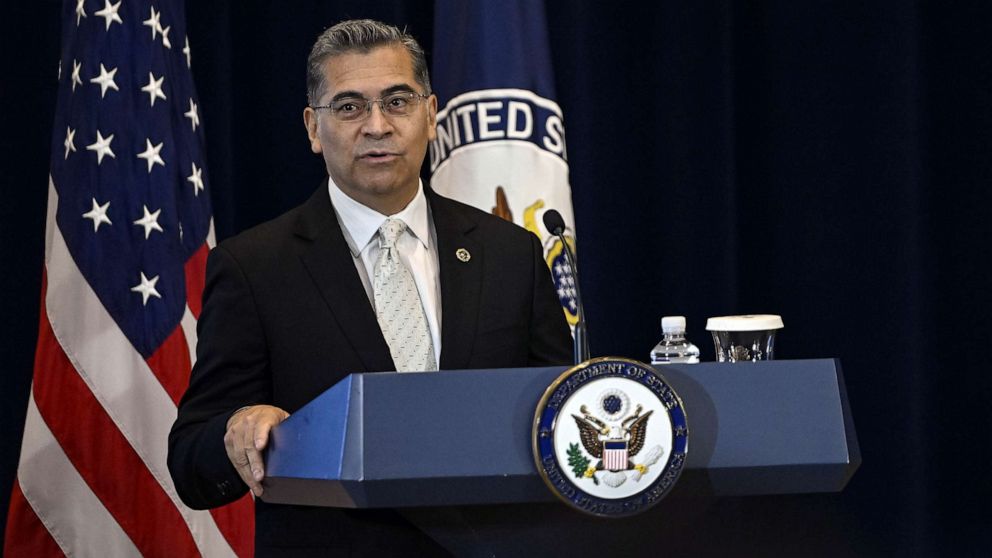New Biden Plan Mandates Increased Staffing Levels in Nursing Homes
In a significant move to improve the quality of care for elderly residents, President Joe Biden has unveiled a new plan that mandates increased staffing levels in nursing homes across the United States. This initiative aims to address the long-standing issue of understaffing in these facilities, which has been linked to a range of problems, including neglect, abuse, and substandard care.
Under the new plan, nursing homes will be required to meet specific staffing ratios to ensure that residents receive adequate attention and care. This move comes as a response to the alarming reports of neglect and mistreatment that have plagued the industry for years. Studies have consistently shown that higher staffing levels lead to improved outcomes for residents, including reduced hospitalizations, better overall health, and increased satisfaction.
One of the key aspects of the Biden plan is the establishment of minimum staffing requirements. Currently, there are no federal regulations regarding staffing levels in nursing homes, leaving it up to individual states to set their own guidelines. This lack of consistency has resulted in significant variations in care quality across the country. The new plan seeks to rectify this by setting a national standard that all nursing homes must meet.
The specific staffing ratios proposed by the Biden administration include a minimum of 3.5 hours of direct care per resident per day, with at least 2.5 hours provided by certified nursing assistants (CNAs). This is a significant increase from the current average of 2.3 hours of direct care per resident per day. By mandating these ratios, the plan aims to ensure that residents receive the attention they need and deserve.
To support nursing homes in meeting these requirements, the Biden plan also includes provisions for increased funding and resources. The administration plans to allocate additional funds to help facilities hire and retain qualified staff members. This will not only address the issue of understaffing but also improve job satisfaction among caregivers, leading to better overall care quality.
Furthermore, the plan emphasizes the importance of training and professional development for nursing home staff. It recognizes that simply increasing staffing levels is not enough; the quality of care also depends on the skills and knowledge of the caregivers. The Biden administration intends to invest in training programs to enhance the capabilities of nursing home staff, ensuring they have the necessary expertise to provide high-quality care to residents.
Critics of the plan argue that mandating increased staffing levels may place an additional financial burden on nursing homes, potentially leading to closures or increased costs for residents. However, proponents argue that the long-term benefits of improved care far outweigh any short-term challenges. They point to studies that have shown a correlation between higher staffing levels and reduced healthcare costs, as well as improved resident outcomes.
The new Biden plan represents a significant step forward in addressing the longstanding issue of understaffing in nursing homes. By mandating increased staffing ratios, providing additional funding, and emphasizing training and professional development, the administration aims to improve the quality of care for elderly residents across the country. This initiative not only benefits the residents but also supports the dedicated caregivers who work tirelessly to ensure their well-being.



